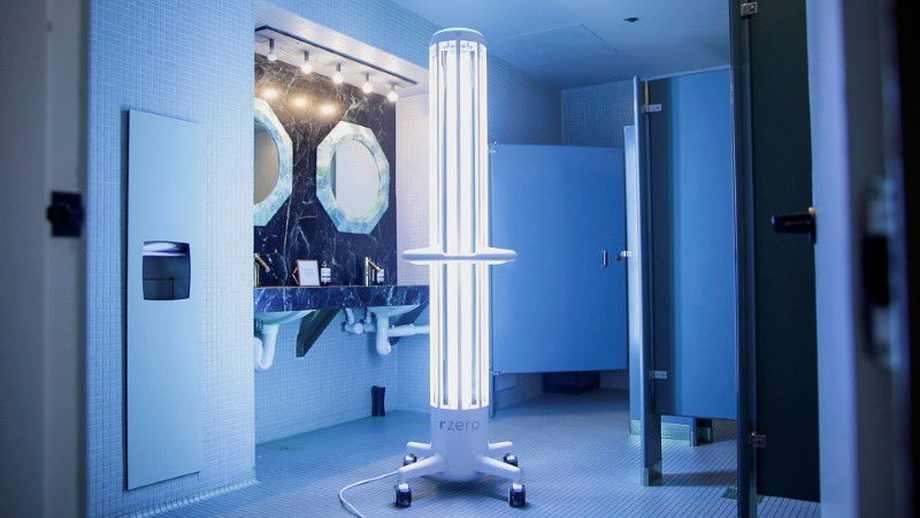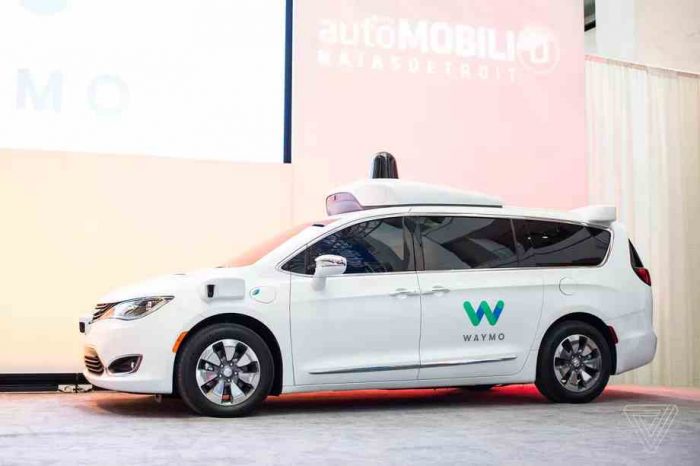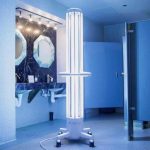R-Zero, a biosafety tech startup born during the pandemic, raises $41.5 million for the world’s first intelligent disinfection UV-C light banks

R-Zero, a San Francisco-based tech startup formed during the pandemic to make ultraviolet disinfecting machines for commercial and institutional customers, announced today it has raised $41.5 million to help automate its process and make it more efficient. The round, which brings the company’s total funding to $58 million, was led by Silicon Valley venture capital firm World Innovation Lab.
Founded in April 2020 by Benjamin Boyer, Eli Harris, and Grant Morgan, R-Zero Systems is the first biosafety company built to tackle the transmission of pathogens in the COVID-19 era, and beyond. R-Zero’s suite hospital-grade technologies, IoT platforms, and science-backed protocols reduce the transmission of pathogens and diseases they cause.
According to stats, poor health costs the United States an average of $575 billion annually. While hospitals have been using UV-C lights for decades to disinfect operating rooms, the technology was not widely adopted because the machinery was expensive, said Ben Boyer, a co-founder of R-Zero.
R-Zero’s flagship product, Arc, is a touchless, hospital-grade UV-C disinfection device, designed to be operationally and financially accessible to organizations of all shapes and sizes. BLE, LTE-M, and GPS connectivity share usage data in real-time, providing organizations with an auditable trail of all disinfection activities for the first time.
Results from independent lab tests prove Arc’s hospital-grade efficacy, successfully destroying over 99.99% of pathogens (including human coronavirus and norovirus) in a 1,000 sq ft space, in just 7 minutes.
R-Zero also makes its UV-C light banks on wheels in San Jose. The company said it has booked $15 million in sales to schools, restaurants, senior care facilities, sports arenas, and jails, through a subscription model that starts at $17 a day.
It plans to unveil a suite of sensors and a small, safe UV-C light machine that turns on automatically when people are in the room, an improvement over its current UV-C light product that turns off when someone enters the room. The company uses software to collect the data and automate the whole process, said Boyer.
Boyer said he is confident that a pirate or legacy UV-C maker could not compete with R-Zero even if it was able to replicate some of the company’s devices.
“Systems are very hard to copy,” he said. “The idea of taking an approach that has been terrible for our planet and equally terrible for the applicators or the folks that have not had a voice to speak up for themselves” and eliminating the chemicals from it, said Ehrenpreis, fit with the goal of his venture capital firm DBL Partners.

